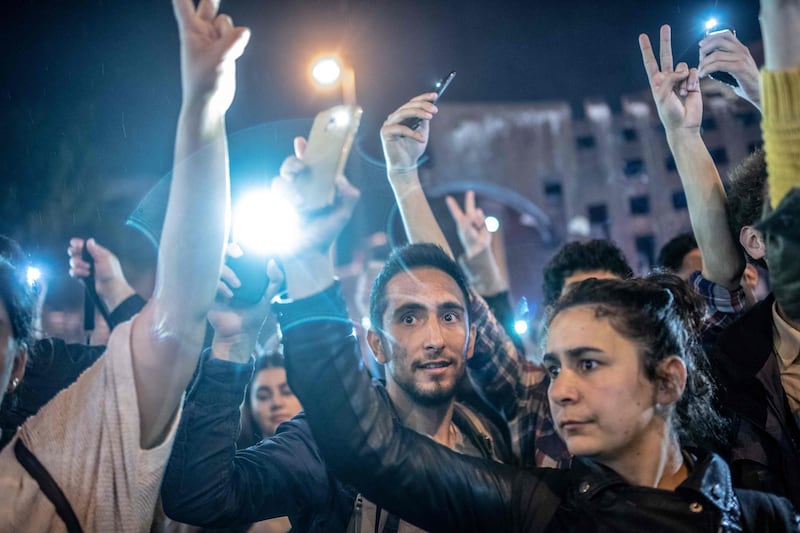On Monday, protesters filled the streets of Istanbul, angered by the Turkish electoral commission's decision to rerun recent mayoral elections in June. The announcement, which has drawn widespread condemnation, comes after President Recep Tayyip Erdogan's Justice and Development Party (AKP) lost the city by a narrow margin to Ekrem Imamoglu, of the opposition Republican People's Party (CHP). "They are trying to take back the election we won," Mr Imamoglu told his supporters, determined to resist the attempt by Mr Erdogan to subvert the popular vote. Turkey's president has dismissed the results, alleging "irregularities". Although the AKP won the vote nationwide, it lost Istanbul, Ankara and Izmir – Turkey's three largest cities. The reality is that the local elections served as a referendum on Mr Erdogan's leadership, at a time of great economic turmoil. Clearly, the tide is starting to turn against him.
Refusing to accept the results threatens to destabilise the country even further. The announcement of a rerun has sparked outrage and social unrest, because it poses a threat to the very core of Turkey's political system. The decision has already rocked the country's fragile economy. The lira, which lost more than 30 per cent of its value over the past year, but had recovered slightly, has tumbled again. Experts also foresee a further fall of more than 20 per cent by the end of June. Turkey's economic woes are a threat not only to the nation itself, but also to the wider region. As Mr Erdogan's challenges mount, he may become more divisive and authoritarian at home and more assertive in his foreign policy. This latter point could have serious implications for the situation in neighbouring Syria.
Whether he goes down that path or not, it is clear that the current political and economic chaos threatens the livelihoods of many ordinary people. The AKP took Istanbul in free and fair elections for 25 years. Now that its citizens have voted for change, it is only fair to respect their will, and to learn from this highly revealing defeat.





